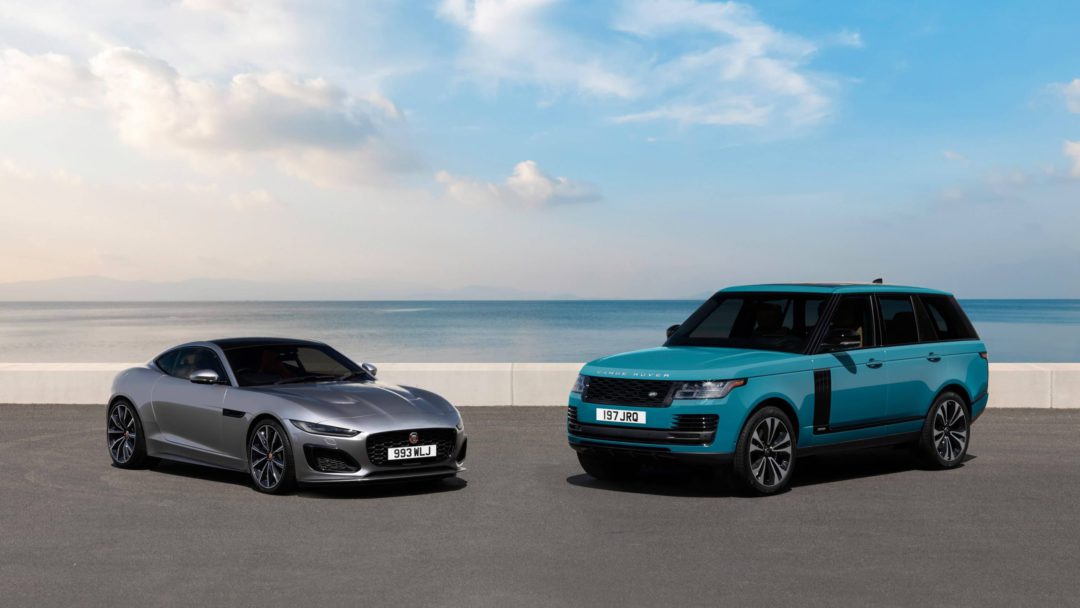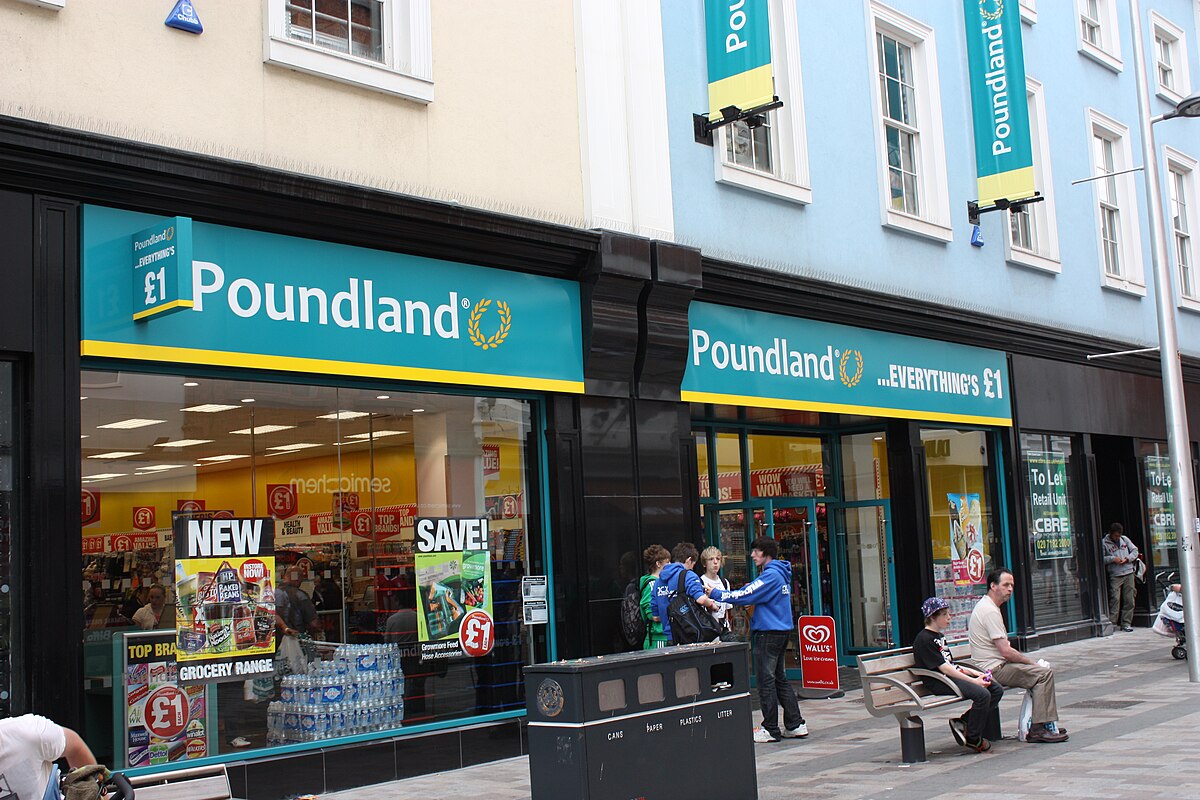Jaguar Land Rover (JLR) lost £9m (€10.8m) in the last three months of 2021, as the global chip shortage wreaked havoc on the automotive industry.
The British car manufacturer saw its retail sales fall 37.6 per cent compared to the same period in 2020, as it sold 80,126 vehicles in the quarter to the end of December.
Despite that fall in production, the company saw revenue of £4.7bn (€5.6bn), up 22 per cent on the previous quarter.
Carmakers around the world have been hit hard as they struggle to obtain supplies of semiconductors.
“Whilst semiconductor supplies have continued to constrain sales this quarter, we continue to see very strong demand for our products underlining the desirability of our vehicles,” JLR’s CEO Thierry Bolloré said.
However, the company also warned that it expects the chip shortage to continue throughout 2022 but expects the availability of supplies to gradually improve.
That helped push JLR’s Indian parent company Tata Motors to a 15.16bn rupees (€180m) loss for the period.
JLR added that it had experienced a record number of orders – 155,000 vehicles – due to strong demand for its new Range Rover.
Modern cars are highly dependent on chips – they are necessary for a number of increasingly common features, such as touchscreen controls, automatic emergency brakes, reversing cameras, fuel efficiency equipment and airbag deployment systems, to work.
On Friday, industry figures showed that UK car production last year fell to its lowest level since 1965.
The Society of Motor Manufacturers and Traders (SMMT) said that just under 860,000 new cars left UK factories in 2021.
Production last year was 6.7 per cent lower than in 2020 – and a full 34 per cent below its pre-pandemic level.
Globally, carmakers have also been impacted by the chip shortage, along with supply chain disruptions, COVID-19 restrictions and the increasing cost of raw materials.
Motor industry giants including Toyota, General Motors, Ford, Nissan, Daimler, BMW and Renault, have all been forced to scale back production in recent months as they struggled to secure enough semiconductors.
In Malta, waiting times to buy a new car have improved somewhat since the end of 2021, when one had to wait up to 10 months for their new car to arrive.
Clyde Caruana dismisses Iran war energy price concerns: ‘Malta has plenty of space to manoeuvre’
The escalating conflict between Israel and Iran has sent shockwaves through global energy markets
Poundland bought for £1 in rescue deal as thousands of UK jobs on the line
Poundland has more than 800 stores around the UK and employs some 16,000 people
Corinthia expands Beverly Hills footprint with third property acquisition and new US partnership
The partnership secured rights to acquire a third prime property; an office block adjacent to the Maison and Mosaic Hotels





